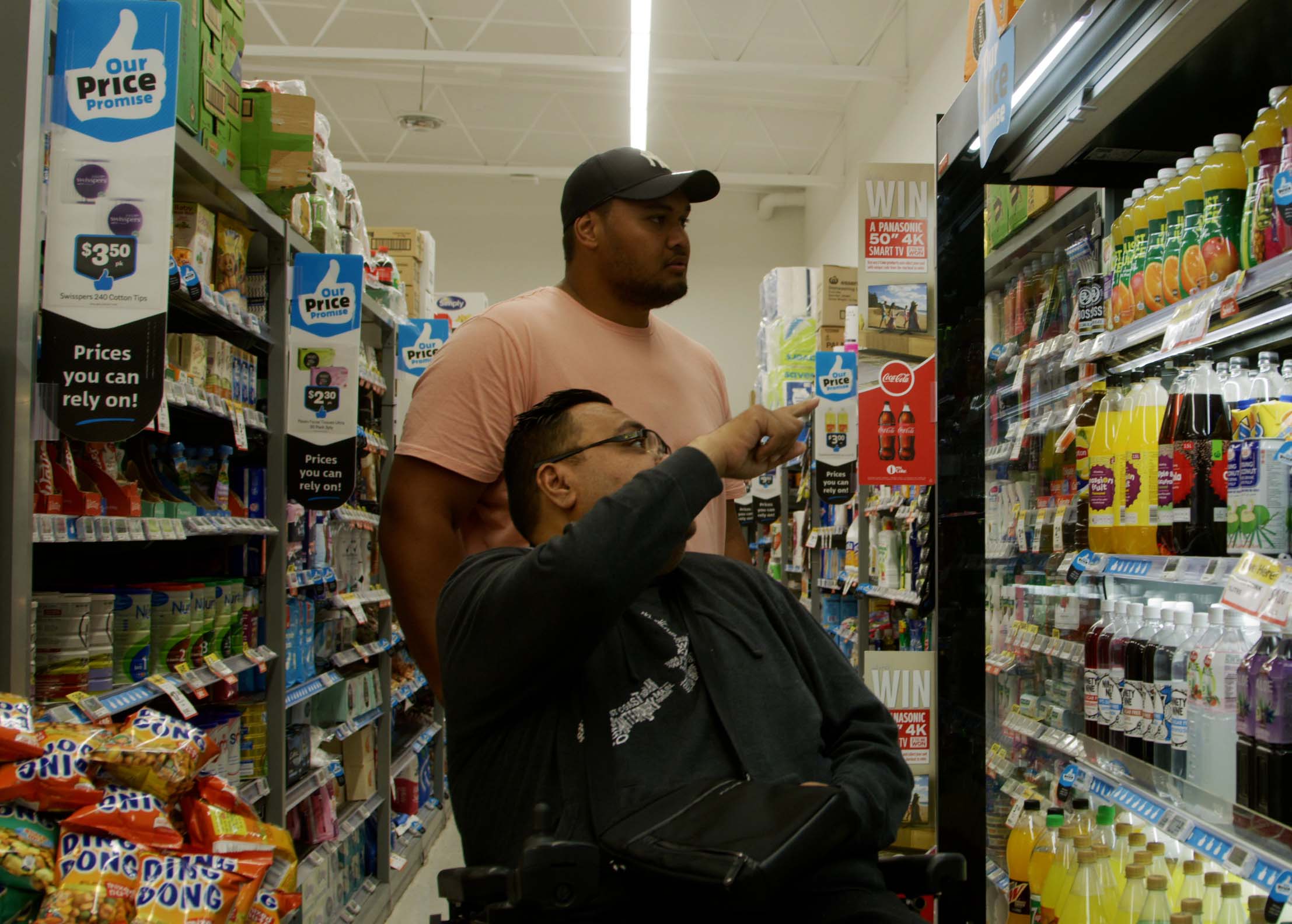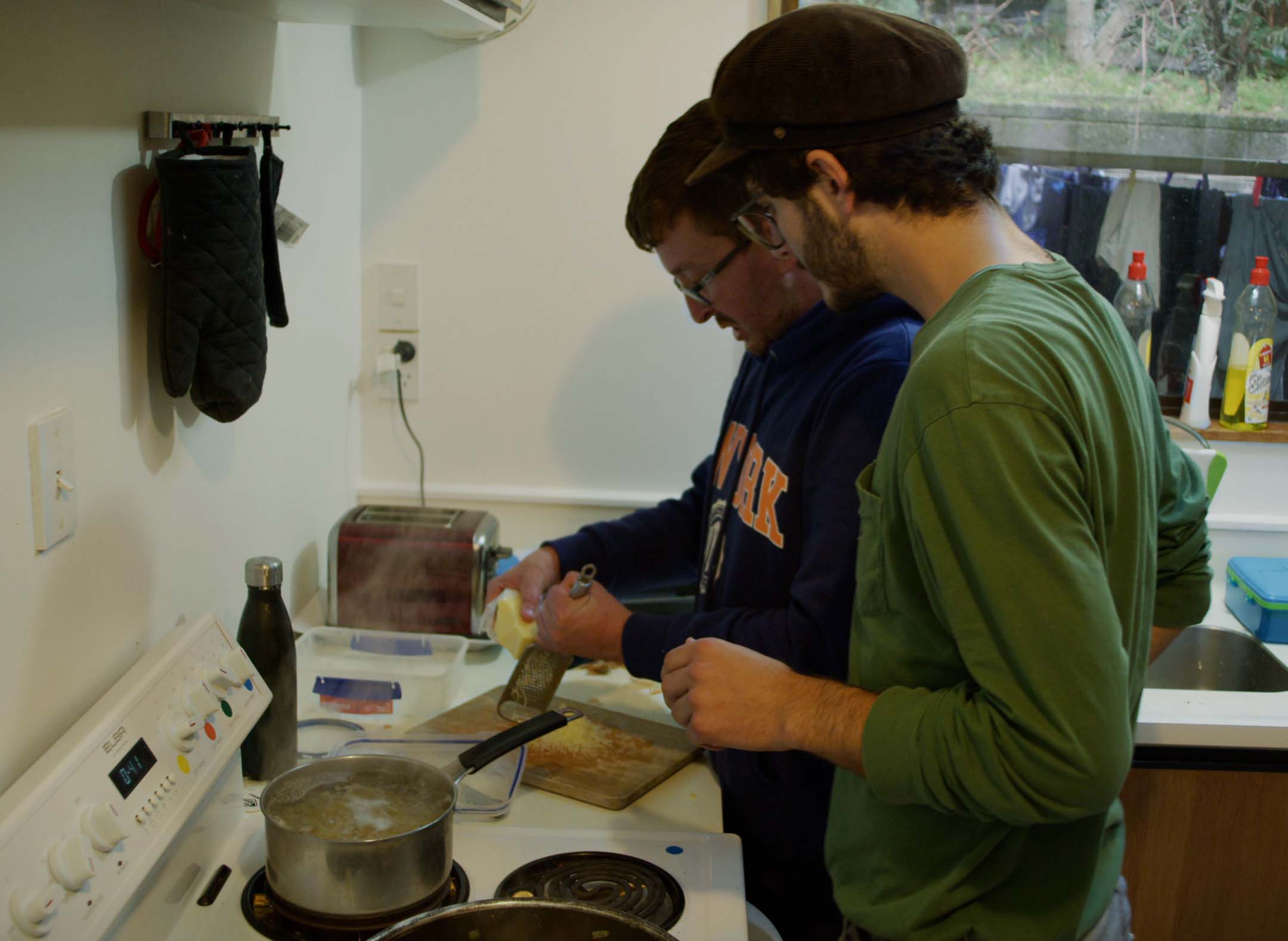New Zealand’s care and support providers facing dire workforce pressures exacerbated by COVID-19 are encouraging more New Zealanders to consider careers in the sector.
The shortages of care and support workers are affecting providers across the health and social care spectrum, including mental health and addiction, social support, child and youth support, disability, home and community, and aged care.
The need for support has never been greater
Dr Claire Achmad, Chief Executive of Social Service Providers Aotearoa (SSPA) says the wider impact of the pandemic is also impacting on the wellbeing of children, rangatahi, families and whānau and the need for support has never been greater.
“It’s clear that COVID-19 will continue to have impacts on our communities for some time and our community-based social services need a diverse, and highly engaged workforce to meet the demands that are ahead of us.
“For anyone with a desire to make a real difference in others’ lives in a very active and engaged way, working in social services support roles can be deeply fulfilling.”
Life Changing Careers campaign to promote health and wellbeing careers

Support worker Brett works closely with Will, who had a significant stroke in 2016.
To help raise awareness of the plentiful and rewarding career pathways in the health and wellbeing sector, the Tertiary Education Commission’s COVID-19 Response Fund has extended funding for the Life Changing Careers campaign launched in 2021 to continue in 2022.
New Zealand Aged Care Association Chief Executive, Simon Wallace says while COVID-19 has resulted in unprecedented workforce shortages, the sector has also been a mainstay of protecting the most vulnerable older citizens and easing the burden on the public health system.
“Having a strong, capable and skilled workforce is imperative if providers are to continue to operate and provide a high standard of care to the more than 35,000 residents in care homes across the country.
“Now, with the increasing volume and complexity of services we provide, there are more opportunities for people to enter the sector, and in cases such as healthcare assistants progress through training pathways to build more advanced skills including leadership.”
Graeme Titcombe, CEO of the Home and Community Health Association (HCHA) says the campaign had started to make a difference in 2021 with more enquiries from potential employees and success in recruiting a more diverse workforce.
“However, with the impact of COVID-19, workforce shortages have spiralled. This means many people needing support in their homes have been unable to get it when they need it and had to either go into hospital or not been able leave hospital and return home.”
“Working in the community health sector, you’re helping people to live independently in their own homes. It’s a rewarding and active role where you’re engaging with people of all ages and abilities, including those requiring rehabilitation support. Indeed, for anyone interested in a health career it offers genuine qualification pathways into the health system.”
The sector depends on a diverse workforce
Memo Musa, Chief Executive of Platform Trust, the peak body for mental health and addiction service non-government and community providers, says the sector depends on a diverse workforce that reflects the demographics of people needing mental health and addiction support.
“We’re especially looking for young Māori, Pacific and Asian peoples, including those with lived experience of mental health and addiction. You will be supported to gain some qualifications and you’ll earn as you learn working alongside other professionals to help people achieve their goals.”
Peter Reynolds, Chief Executive of the New Zealand Disability Support Network (NZDSN) says COVID- 19 has had a significant impact on people with disabilities and the way the sector meets their needs.
“Around one quarter of New Zealanders identify as disabled. To ensure they have more choice and control over where and how they’re supported, we need disability support workers who are flexible, knowledgeable, and receptive to on-job training with a diversity reflecting people needing support.
“Right now, there are significant opportunities out there for younger people and males, especially Māori and Pasifika, and people with lived experience of disability to become support workers and start really making a difference.”
Remuneration has increased for care and support roles

Supporting people with intellectual impairments to live the life they desire is meaningful work for humanities student Markus McCraith.
Jane Wenman, Chief Executive of Careerforce, the Industry Training Organisation leading the Life Changing Careers campaign on behalf of the sector, says remuneration for care and support roles has improved dramatically off the back of the historical caregiver pay equity settlement of 2017.
“Pending their qualifications and tenure, care and support workers can earn significantly more than current minimum wage, while undergoing in-job training with opportunities to further develop their careers.
“Currently there are over 2,600 care or support roles available on Seek. These are openings to rewarding career opportunities ranging from working with at-risk children, young people and whanau to supporting those with mental health and addiction issues, disabilities, community health and aged care.
“Whether you’re seeking a new career pathway that better matches your values in life or you’re a school leaver wanting to ‘earn while you learn’, working in the sector is an opportunity to forge meaningful careers, supported by qualification pathways.”
More information
Find out more, take the quiz, see our people stories and apply for jobs at www.lifechangingcareers.org.nz

